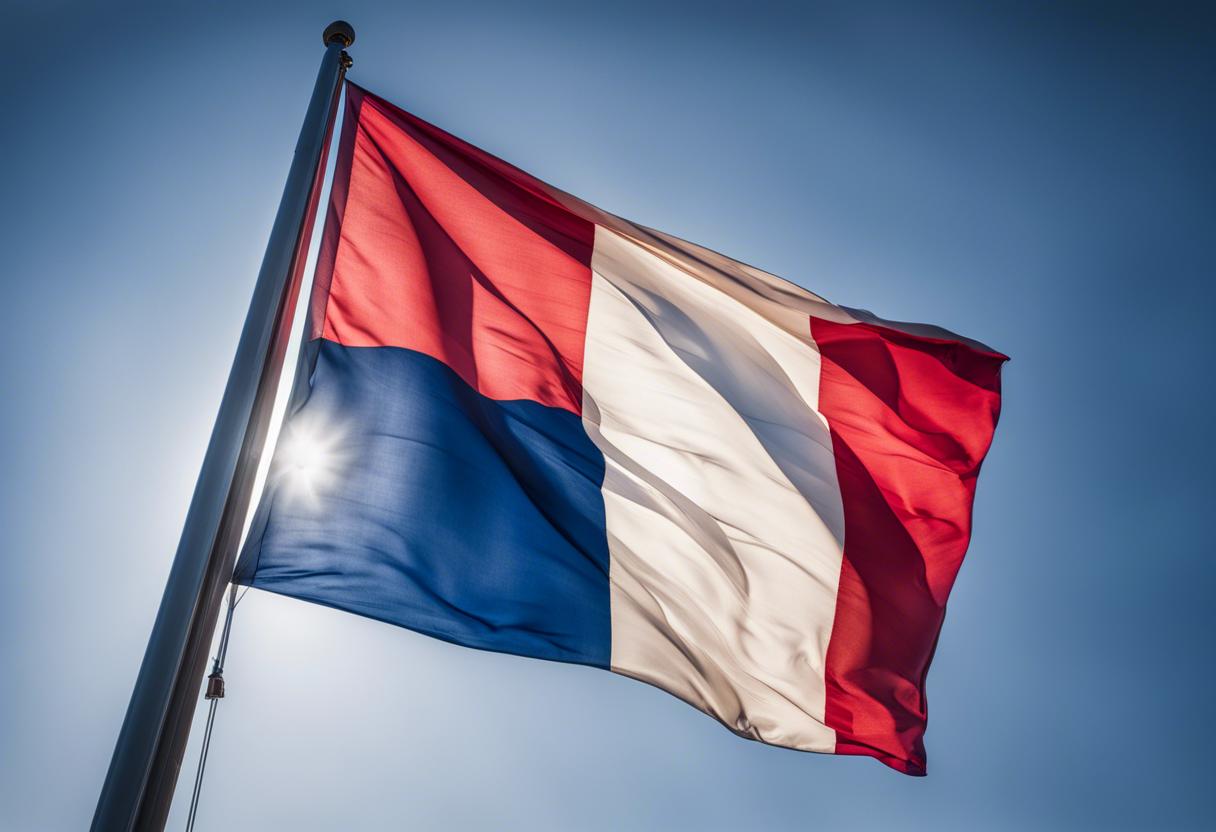The festive period is fast approaching, but it seems several young Germans have already chosen their summer anthem: Gigi d’Agostino’s L’Amour Toujours. While this Italian DJ’s 2000 hit remains popular in Germany as of 2024, it has gained a new, unofficial and controversial singalong line: “Deutschland den Deutschen, Ausländer raus” or “Germany for the Germans, foreigners out.”
Not long ago, a video surfaced on the internet showing impeccably dressed young adults on the exclusive holiday spot, Sylt, joining in the song and performing banned Nazi salutes. It wasn’t long before the individuals in the video were either jobless or had issued public apologies or both.
However, this video dictated the pace for others like it, with similar scenes coming to light from a beer tent in Lower Saxony, a wine festival in Rhineland-Palatinate, and a beach party in Saxony. Each event featured the same song and discriminatory chants. The individuals taking part were not the usual suspects, but well-off and reputed professionals working in law and technology firms.
Though the incident has provoked a wave of anger and a shower of guilt-ridden apologies, there’s a split opinion on whether it should be seen as juvenile provocation or a more concerning development.
Turn the clock back to the early 1960s, when Beate Klarsfeld, a Berlin native, moved to Paris to work as an au pair – a brave decision considering the Nazis had departed from the country just 15 years earlier. There, she met her future husband Serge Klarsfeld, a narrow survivor of Gestapo deportation to Auschwitz. The pair dedicated themselves to uncover the fate of 76,000 deported French Jews.
In their quest, they located many high-ranking Nazis including Klaus Barbie, the Gestapo chief known as the “Butcher of Lyon”, and SS special commander and Holocaust planner Alois Brunner. Brunner was responsible for the deportations of 128,500 Jews during the war, including that of Serge’s father in Nice.
Since her infamous action of slapping the then-leader and chancellor of the Christian Democratic Union, Kurt Kiesinger, at a party conference in November 1968, Beate Klarsfeld has been a familiar figure in her home country, (West) Germany.
Kiesinger, a trained attorney, became a member of the Nazi party in 1933. He began his career in the foreign ministry propaganda section and gradually climbed up the ranks of the CDU in post-WWII West Germany, ultimately serving as the third chancellor.
Klarsfeld, after slapping Kiesinger, was promptly arrested and placed on trial. She justified her actions by claiming to “strike back at 10 million Nazis on behalf of the 50 million [war] dead and the coming generations.” Despite her conviction for assault, the punishment was never implemented, largely due to an intense public outcry.
On his state visit to Germany on Tuesday, French President Emmanuel Macron personally decorated Beate and Serge Klarsfeld with France’s top civilian honours. Macron is in his 80s. He referred to the couple’s contributions as a stance “against oblivion and non-accountability”.
He characterised Beate Klarsfeld’s smacking of Kiesinger as a “reality check that elevated you to a spokeswoman of truth”. Macron commented, “This slap not only marked a face but also stirred a conscience, shattered a system grounded on forgetting and non-accountability”. He acknowledged that the Klarsfelds’ endeavours forced France to confess that “French officials played a part in the apprehension of foreign and stateless Jews”.
While receiving her honour, Klarsfeld expressed her fear that “youth today are no longer aware of the past.”
As hostility towards German Jews and migrant societies intensifies in Germany, chancellor Olaf Scholz condemned the Sylt chants as “repugnant”. His Social Democratic Party responded by posting “Germany for Germans who uphold democracy” on Instagram, a twist on the original chant. Following protests, they removed the post.

